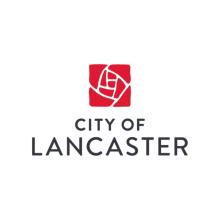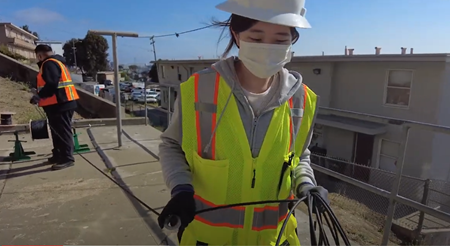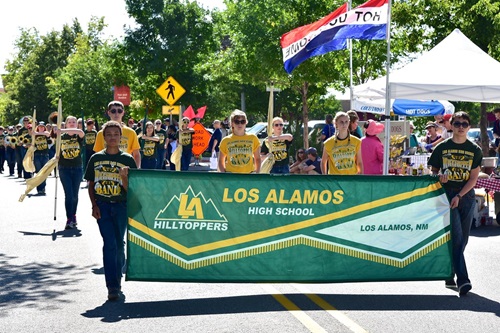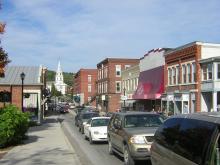Lancaster, PA Shutters ‘Free’ Muni-Network In Pivot To Shentel Fiber Partnership
Lancaster, Pennsylvania is in the final steps of shutting down the city’s fledgling municipal broadband network as it pivots to a new public private fiber deployment partnership with Shenandoah Telecommunications Company (Shentel).
Late last year city officials announced they’d selected Shentel with an eye on ensuring uniform broadband availability to the city of 57,000. The city has been in conversations with various Internet service providers (ISPs) since 2015, when the city struck a deal with Reading-based MAW Communications to build a $1.7 million fiber backbone financed by the city's water fund bond.

MAW helped the city build and launch LanCity Connect, a city-owned municipal broadband network that began signing up customers in the Spring of 2017. But a legal dispute between MAW and PPL Electric Utilities over MAW’s use of PPL utility poles brought progress on the network to a halt, with only roughly 160 subscribers signed up for service.
In 2021 the city took control of the network from MAW, but there’s been little in the way of progress since.
Back in February, the city emailed the network’s subscribers to inform them the service would be shutting down in April.
"With the Shentel agreement now in place, the city will be discontinuing LanCity Connect," Lancaster Mayor Danene Sorace wrote.
"It is no small feat creating a municipal broadband option and this process has certainly been bumpy. We appreciate the opportunity to provide LanCity Connect services and I look forward to expanding municipal broadband citywide."

















